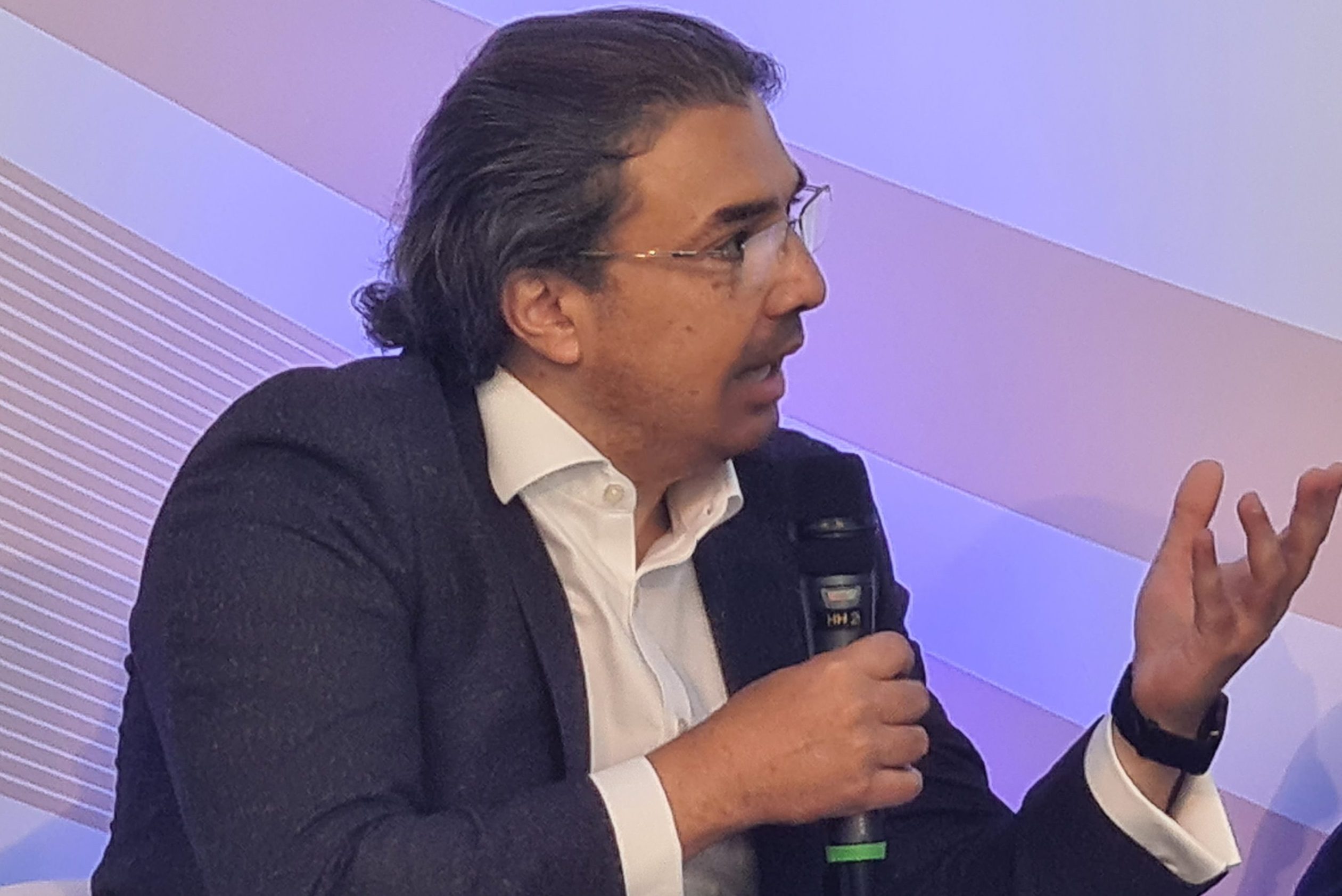
We all know how plastic waste is polluting our oceans and marine food supply. So there’s a huge effort to use plastic less and recycle it more – supermarkets have been drastically reducing the number of plastic bags they use, for example. But there’s a fascinating use for these bags you might not have heard about. Read on to find out more…
Plastic waste often can’t be recycled – it either ends up being incinerated or dumped in a landfill site.
But one company has come up with a way to use plastic bags as an ingredient in a new type of asphalt used for surfacing roads. And Vodafone UK recently used this new material to resurface a road in Vauxhall, south London, after laying fibre-optic cables there.
This prevented 700Kg of waste plastic from being buried or burned.
Most asphalt consists of bitumen and aggregate – a form of petroleum and a mixture of crushed stone, gravel and sand respectively. But construction firm MacRebur came up with a new formula, dubbed MR6, by adding plastic pellets to the mix.
By 2025, Vodafone is committed to:
|
So when Vodafone laid 200 tonnes of this special asphalt in Vauxhall, not only did it take 700Kg of plastic out of the waste system, it reduced the amount of bitumen needed, too. The addition of plastic also increases the asphalt’s stiffness and resistance to fracturing, contributing to a lifespan that should be longer than that of standard asphalt. In addition, the high-temperature binding of plastics and bitumen during production prevents the asphalt from becoming another source of micro-plastics in our environment.
“At Vodafone, we’re always looking for newer, greener technology to use throughout our business,” explains Peter Jones from Vodafone’s Technical Estates team.
“We stumbled upon a news article about MacRebur’s plastic asphalt mixes purely by chance and it proved to be perfect for resurfacing our Vauxhall site. It not only has tangible environmental benefits, it’s also cost-effective while meeting our needs.”
While it has several advantages, MR6 does have one potential disadvantage: it is less recyclable than standard asphalt.

It’s a little known fact that much of the standard asphalt in the UK isn’t made from virgin bitumen and aggregate, freshly extracted from the ground, but actually made from older asphalt that is ground down and reprocessed. The presence of plastic, which is melted and bound with the bitumen during the production process of MR6, makes it harder to do this.
But for newly-made asphalt, plastic-based formulations, such as MR6, still make sense.
It has already proven so durable at the Vauxhall site that Vodafone plans to use it at its other sites, such as Surrey Quays. As the optical fibre cable network is the backbone supporting Vodafone’s services across the UK, the company does a lot of road digging and resurfacing.
Of course, it would be better if we stopped making and using single-use plastics in the first place. But at least this is a way of neutralising some of the plastic that already exists in society.




![Dawlish Sunrise [Adobe Stock] resized stock photo of Dawlish in Devon](https://www.vodafone.co.uk/newscentre/app/uploads/2024/04/Dawlish-Sunrise-Adobe-Stock-resized.jpg)